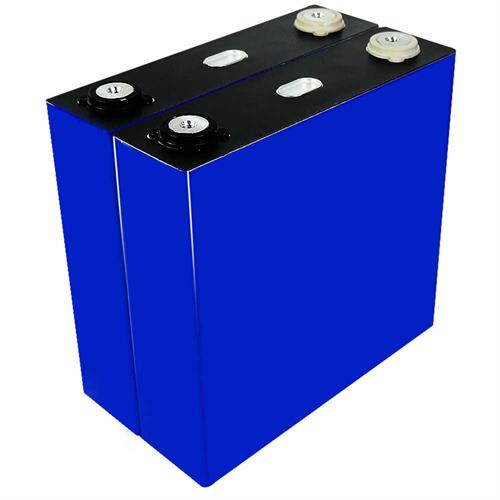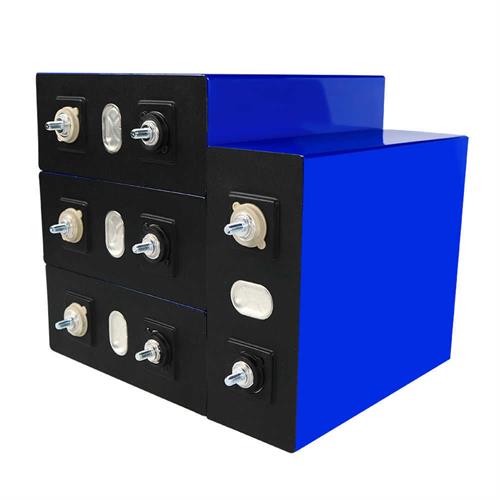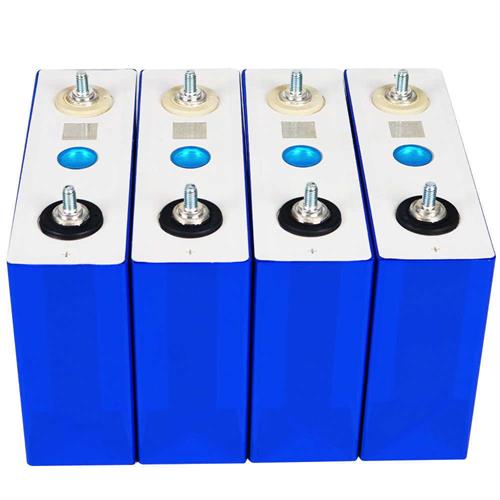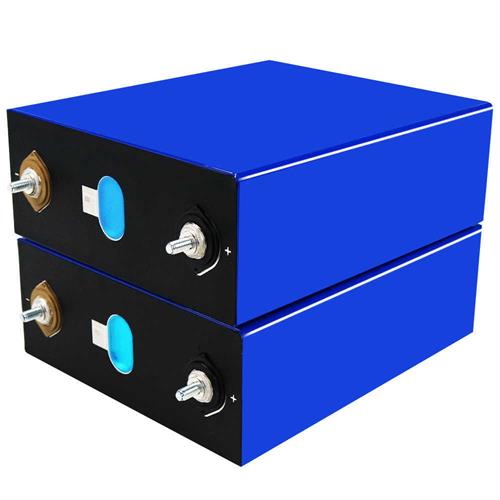Preventing and Solving LiFePO4 Battery Expansion Problems
Preventing and Solving LiFePO4 Battery Expansion Problems
Introduction to LiFePO4 Batteries
LiFePO4 (Lithium Iron Phosphate) batteries have gained popularity in various applications due to their enhanced safety, long lifespan, and stable chemical composition. However, like all battery technologies, they can experience issues, particularly the phenomenon of expansion or swelling. Understanding the root causes of battery expansion and how to prevent it is crucial for maximizing performance and ensuring safety.
Understanding Battery Expansion
Battery expansion typically occurs when the internal chemical reactions within the battery generate gases or when the battery cells experience physical changes due to temperature fluctuations. This can lead to a loss of battery integrity, potentially causing leaks, and in severe cases, posing safety hazards. It's essential for users and manufacturers to be aware of the factors that contribute to this issue.

Common Causes of Expansion
Several factors can lead to LiFePO4 battery expansion. Temperature extremes are at the top of the list; operating a battery outside its recommended temperature range can cause internal reactions that lead to swelling. Overcharging is another significant contributor, causing an increase in internal pressure as lithium ions accumulate excessively. Lastly, physical damage or manufacturing defects can compromise battery integrity, putting the entire unit at risk of expansion.
Prevention Strategies
To prevent LiFePO4 battery expansion, adopting proper charging techniques is essential. Always use a charger that matches the battery specifications and includes built-in safeguards against overcharging. Regularly monitoring the temperature during usage can help catch potential issues early. It's also wise to store batteries in a stable, temperature-controlled environment; extreme heat or cold can significantly affect their performance and safety.
When to Replace a Battery

Recognizing the warning signs of battery expansion is critical for safety. If you notice any swelling or deformity in the battery casing, it’s essential to act promptly. Continuing to use a compromised battery can lead to serious safety hazards, including potential fires. When in doubt, consult with a professional for guidance on whether to repair or replace the battery.
Solutions for Expansion
If a LiFePO4 battery has already begun to swell, immediate action is necessary. First, cease usage and disconnect the battery from any devices. Store it in a safe, non-flammable location away from flammable materials. Depending on the severity of the swelling, the battery may need to be disposed of following local regulations. Never attempt to puncture or open an expanding battery, as this can release hazardous materials.
Conclusion
LiFePO4 batteries present an excellent option for many applications due to their reliability and safety features. However, attention to battery care and maintenance is paramount to avoid issues like expansion. By understanding the causes and implementing effective prevention strategies, users can enhance the lifespan of their batteries and ensure safe operation. In case of any alarming signs of swelling, immediate action must be taken to mitigate risks and safeguard against potential hazards.

